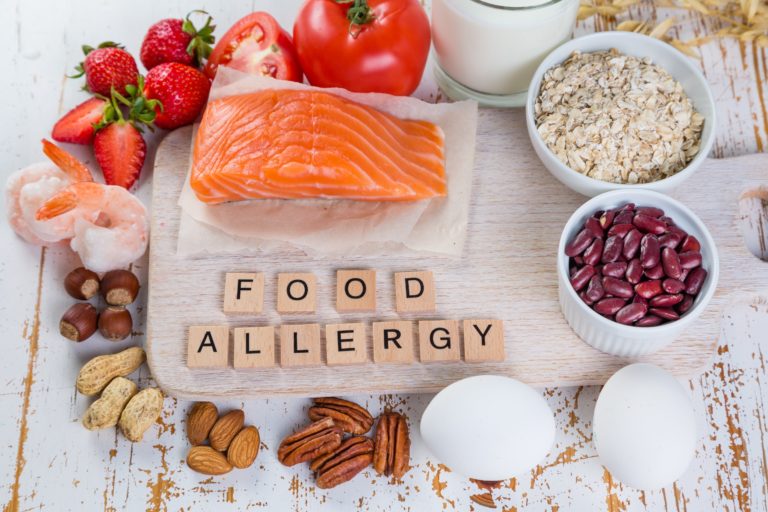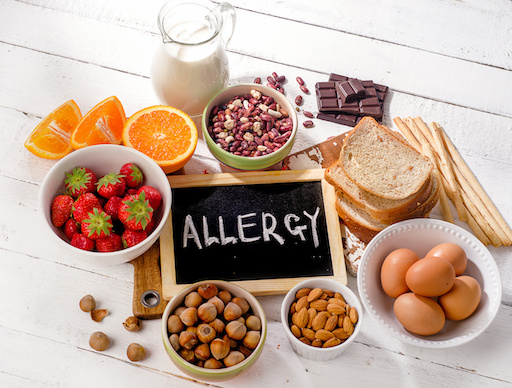Food allergies are a prevalent concern affecting millions of families around the world. These allergies occur when the body’s immune system reacts adversely to specific proteins in food, ranging from mild symptoms like hives and lip swelling to severe, life-threatening conditions such as anaphylactic shock. While promising prevention and treatment strategies are in development, there is currently no cure for food allergies.
Symptoms of food allergies can manifest in various ways, affecting different systems in the body. From gastrointestinal issues like vomiting and stomach cramps to respiratory symptoms like wheezing and shortness of breath, allergic reactions can range from mild to severe. Anaphylaxis, the most severe reaction, requires immediate medical attention and treatment with epinephrine to prevent life-threatening complications.
Managing food allergies involves strict avoidance of allergenic foods and being prepared to respond to allergic reactions promptly. People with food allergies must carefully check labels and understand allergen labeling laws to avoid allergens. The presence of major food allergens must be clearly stated on food labels, either in the ingredient list or through “contains” statements.

Diagnosing food allergies involves a comprehensive assessment of symptoms, family history, and diagnostic tests such as skin prick tests, blood tests, elimination diets, and oral food challenges. While these tests aid in identifying allergens, a definitive diagnosis requires clinical judgment and may necessitate a multidisciplinary approach involving allergists and other healthcare professionals.
Treatment options for food allergies focus on symptom management and emergency preparedness. Antihistamines may alleviate mild symptoms, but severe reactions require immediate administration of epinephrine followed by emergency medical care. Experimental treatments like oral immunotherapy show promise but require further research to establish their efficacy and safety.
Individuals with food allergies should carry epinephrine auto-injectors and educate themselves and others on how to administer them in emergencies. Furthermore, they should be vigilant when dining out, communicate their allergies to restaurant staff, and advocate for their safety.

In daily life, individuals with food allergies must be vigilant about reading food labels, communicating their allergies to others, and advocating for their safety in various settings. Coping with food allergies involves connecting with support networks, educating caregivers and peers, and addressing stigma and misconceptions associated with food allergies.
Food allergies pose significant challenges for individuals and their families, necessitating proactive management strategies and legislative measures to ensure consumer safety. While progress has been made in allergen labeling and legislative initiatives, ongoing research and public awareness efforts are essential to improve the diagnosis, treatment, and overall quality of life for individuals living with food allergies.
SOURCES




